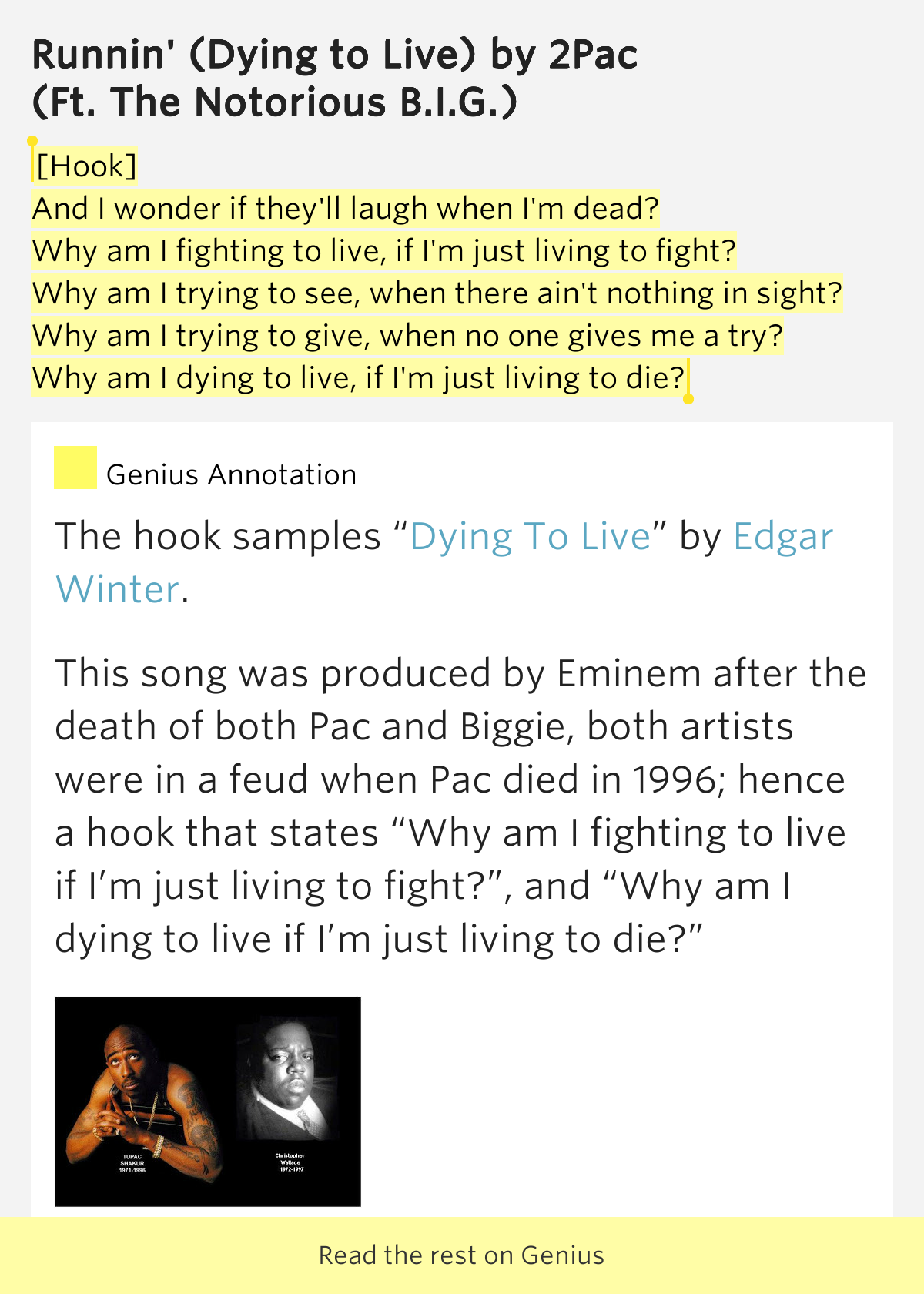


Similes are figures of speech that use “like” and “as” for comparison. The expression is a simile because it uses “like” to compare things. “Dead as a doornail” is an idiomatic simile that helps emphasize the adjective “dead.” So, its definition is “very dead,” “quite dead,” or “surely dead.” You can use it in any situation, whether figuratively or literally. Some of the “dead as” phrases include “dead as a dodo,” “dead as a doorknob,” and “dead as a dormouse.” Similar expressions include “deaf as a doorknob” and “dumb as a doornail.” Is Dead as a Doornail a Simile or Metaphor? It’s more poetic and famous than other “dead as” phrases. The phrase took off when many civilians who saw the play adopted it. You will therefore permit me to repeat, emphatically, that Marley was as dead as a door-nail.” But the wisdom of our ancestors is in the simile and my unhallowed hands shall not disturb it, or the Country’s done for. I might have been inclined, myself, to regard a coffin nail as the deadest piece of ironmongery in the trade. Mind! I don’t mean to say that I know, of my own knowledge, what there is particularly dead about a door-nail. The play made it famous all over England in the 16th century.Ĭharles Dickens also included the questionable phrase in A Christmas Carol. It was used in poems before Shakespeare was born, although he may have made the phrase popular through Henry VI, Part 2, in Jack Cade’s speech. William Shakespeare did not invent the old expression. The origins sound convincing, but we may never validate them. If one says something is as dead as a doornail, it means it’s a goner.
#I AM DEAD TO YOU MEANING FULL#
But it’s also because they undergo a specific treatment that causes them to “die.” Its full potential dies like an unreusable doornail. So, the phrase “as dead as a doornail” is not only because doornails are inanimate objects. Etymologists favored the first origin because clinching was a widespread practice in carpentry. However, this theory is less credible than the first one. It’s a dark humor that the nails are already dead because many have knocked on its head.

The costly metal nails were placed there to make the knocking sound louder. Those who could not afford nails had to repurpose nails.Īnother origin theory of the expression is that people hit a huge doornail with a knocker. Its size and oldness make it dead for proverbs.īack then, nails were valuable because they were handmade and limited. Instead, it’s a large, studded nail on a medieval door that you cannot reuse or remove anymore. Carpenters used this treatment to make the doornails stronger before screws were invented.Ī doornail is not your average nail that’s in a door. It involves hammering the nail on a piece of timber and flattening the edge over the inside, so there’s no way to reuse it. The story goes back to a carpentry concept based on the Morris Dictionary of Word and Phrase Origins.Ī technique called clinching creates a dead doornail. You might wonder why Langland chose “dead as a doornail” rather than “dead as a coffin nail” when it made more sense. It reads, “For bu ich haue bote of mi bale I am ded as dorenayl. Langland also translated Guillaume de Palerne, a French poem, into the English language. The verse goes, “Fey withouten fait is febelore þen nouȝt, And ded as a dore-nayl.” But it is unlikely that the phrase is Langland’s invention. It can be traced back to the famous poem of William Langland entitled Piers Plowman. The common expression, “as dead as a doornail,” has a vague yet fascinating origin from the 1300s. The Origin of the Phrase “As Dead as a Doornail”

The love between the former high school sweethearts is as dead as a doornail.The belief that women should stay in the kitchen is as dead as a doornail.You broke the rules, so the deal is over and dead as a doornail.My cellphone is as dead as a doornail, so I hope she buys me a new one.Last night, the police found a body in the lake which was dead as a doornail.When a nail has been clenched, it has been dead nailed, and is not easily resurrected to use again.Īn alternative wording of the phrase dead as a doornail is deader than a doornail. It is thought that the phrase dead as a doornail comes from the manner of securing doornails that were hammered into a door by clenching them.Ĭlenching is the practice of bending over the protruding end of the nail and hammering it into the wood. The term dead as a doornail was used in the 1500s by William Shakespeare, and in Charles Dickens’ A Christmas Carol in 1843. The term goes back to the 1300s, the phrase dead as a doornail is found in poems of the time. Dead as a doornail is a phrase which means not alive, unequivocally deceased.


 0 kommentar(er)
0 kommentar(er)
